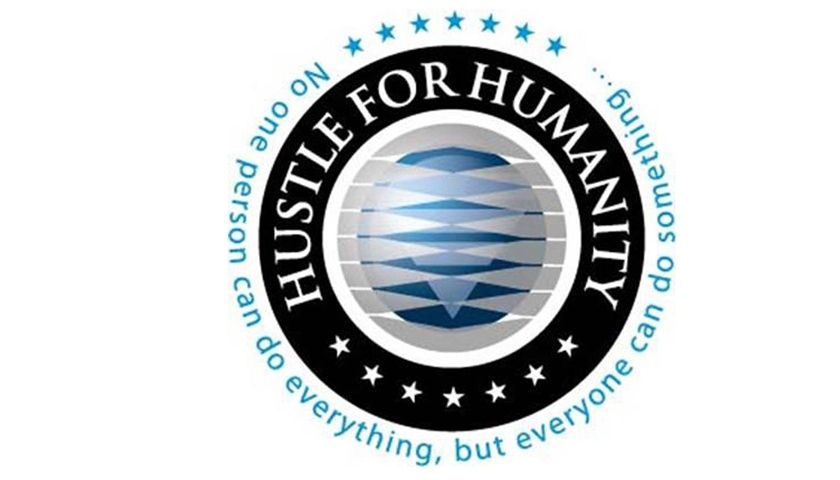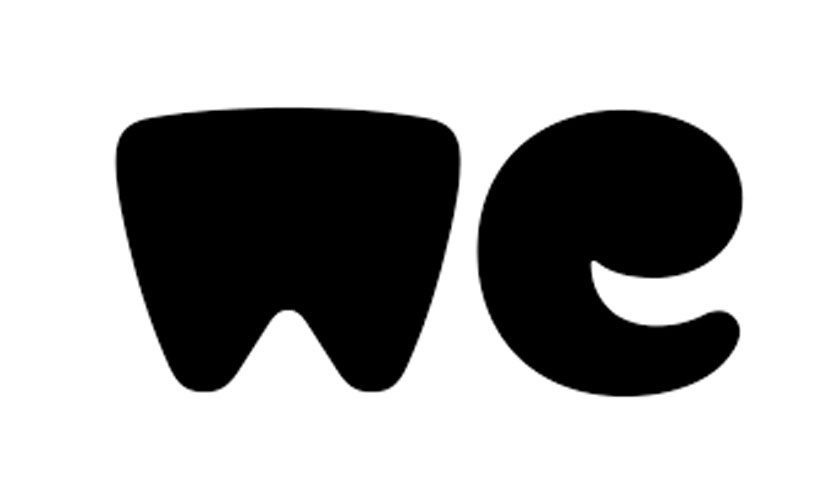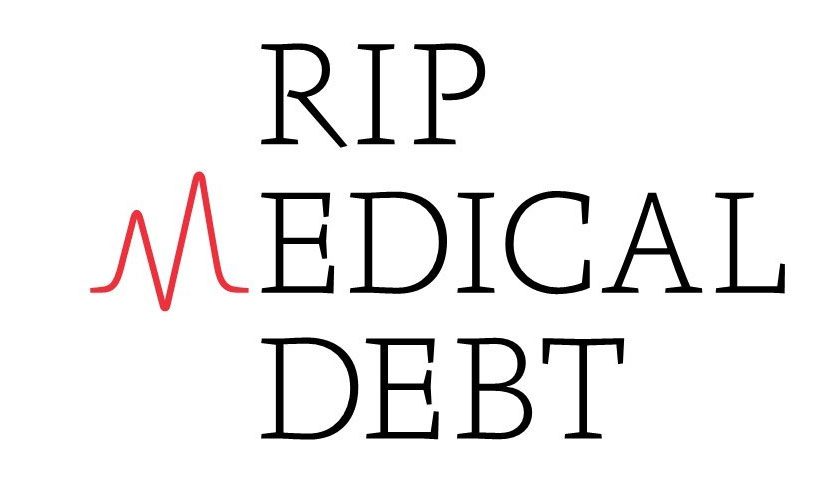The 501(c)(3) nonprofit Hustle For Humanity introduces their new Robin Hood Bailout Program in which the charity plans to locate, buy, and forgive thousands of people’s medical debt each year.
On their website they state:
“In accordance with Article 25 of the Universal Declaration of Human Rights, we recognize that basic healthcare is a fundamental human right that should be extended to each and every member of the human family. Unfortunately, even in developed first world countries like America, this is not yet the case.
Article 25:
(1) Everyone has the right to a standard of living adequate for the health and well-being of himself and of his family, including food, clothing, housing and medical care and necessary social services, and the right to security in the event of unemployment, sickness, disability, widowhood, old age or other lack of livelihood in circumstances beyond his control.
(2) Motherhood and childhood are entitled to special care and assistance. All children, whether born in or out of wedlock, shall enjoy the same social protection.
Important statistics:
- Around 64 million or 17 percent of all adults in America struggle to pay their medical bills.
- Even with insurance, 26 percent of all Americans said health care expenses have taken a serious toll on family finances.
- About 42 percent of all adult Americans say they took an extra job or worked more hours to cover medical bills, and 11 percent turned to charity.
- More than 11 million Americans will take on added credit card debt this year to cover medical expenses.
- Another 10 million will be unable to pay for basic necessities because of their medical bills.
- Some 43 million (one in five) have delinquent medical debt on their credit reports.
- For 15 million, medical debt is the only debt shown in their credit reports.
- Medical debt contributes to more than 60 percent of the bankruptcies in America.
Here’s How it Works:
Outstanding medical debt often is bundled into portfolios for sale on the secondary debt market (similar to mortgages). Using sophisticated data analytics, Hustle For Humanity can search medical debt portfolios to pinpoint those bundles most in need of relief. They then negotiate to purchase that debt at significantly reduced rates- pennies on the dollar (average ratio is 1:100). Such reduced rates typically are available only to large organizations in the debt buying industry.
Donations for this Campaign:
Donations to Hustle For Humanity’s Robin Hood Bailout helps them buy and forgive an average of 100 times the amount in unpaid and unpayable medical debt. A donation of $100 may forgive $10,000 in medical debt. Hustle For Humanity is a 501(c)(3) nonprofit charity, so donors get a tax deduction. The recipients of The Robin Hood Bailout have no adverse tax consequences, no obligations, and no strings attached. Hustle For Humanity simply abolishes their medical debt. For good.”
The Purpose of the Campaign according to Hustle For Humanity’s Board:
How many times have we witnessed the “too big to fail” banks get bailed out for constant violations of moral hazard? How many times have we witnessed these CEOS receiving 8-figure “golden parachutes” as their companies collapse along with countless worker pensions and job security?
Where was the Bailout for the commonwealth? Where was the community’s “golden parachute”? At least with this small program, we can do our best to make a significant difference for a few thousand people at a time with our version of a main-street bailout, targeting a randomly selected small percentage of our greater human family adversely affected by overwhelming medical bills. The added benefit of course, is that with each portfolio we buy, that’s one less that the financial vultures, the debt collectors, cannot purchase and use to capitalize on the misfortune of others. In terms of evolutionary game theory, the for-profit debt collectors and debt buyers are the Hawks, constantly taking advantage of and preying on the Doves. Hustle For Humanity represents the benevolent Retaliators fighting back on behalf of the Commonwealth, and in defense of the General Will. This is a classic example of Hawks vs Retaliators.
Buying portfolios of debt is a common but clandestine business practice among the circles of the Top 1%. According to a recent report by Oxfam, 82% of all of the growth in global wealth in the last year went to the top 1%, whereas the bottom 50% saw no increase at all. Living wages and decent work for the world’s workers are fundamental to ending today’s inequality crisis. All over the world, our economy of the 1% is built on the backs of low paid workers, often women, who are paid poverty wages and denied basic rights.
In many countries wage inequality has increased and the share of labor compensation in GDP has declined because profits have increased more rapidly than wages. While the income share of the top 1% has grown substantially, many others have not shared in the fruits of economic progress. Even in emerging countries with rapid economic growth, many workers, including a disproportionately large share of women, remain trapped in low pay and poverty wages. Last year saw the biggest increase in the number of billionaires in history, with one more billionaire every two days. There are now 2,043 billionaires worldwide. Nine out of 10 are men. 5 Billionaires also saw a huge increase in their wealth. This increase was enough to end extreme poverty seven times over.
New data from Credit Suisse calculates that 8 people now own the same wealth as the bottom 3.7 billion people combined. That means last year’s figure has been revised from 62 people down now to just 8 people owning the same as the entire bottom 50%. The richest 1% continue to own more wealth than the whole of the rest of humanity. The world’s inequality crisis continues to worsen, as the benefits of economic growth continue to concentrate in fewer hands. Yet there is growing evidence that the current levels of extreme inequality far exceed what can be justified by talent, effort, and risk-taking (Merit). Instead they are more often the product of inheritance, monopoly, or crony connections to government (Privilege).
Approximately a third of billionaire wealth is derived from inheritance. Over the next 20 years, 500 of the world’s richest people will hand over $2.4 trillion to their heirs, a sum larger than the GDP of India, a country of 1.3 billion people. Monopolies fuel excessive returns to owners and shareholders at the expense of the rest of the economy. The power of monopoly to generate extreme wealth is demonstrated by the fortune of Carlos Slim, the sixth richest man in the world. His fortune derives from an almost complete monopoly he was able to establish over fixed line, mobile and broadband communications services in Mexico. The Organisation for Economic Co-operation and Development (OECD) found that this monopoly has had significant negative effects for consumers and the economy.
Monopoly power is compounded by cronyism, the ability of powerful private interests to manipulate public policy to entrench existing monopolies and create new ones. Privatization deals, natural resources given away below fair value, corrupt public procurement, or tax exemptions and loopholes are all ways in which well-connected private interests can enrich themselves at the expense of the public. In total, the report calculated that approximately two-thirds of billionaire wealth is the product of inheritance, monopoly and cronyism.
In countries across the world, the same picture is emerging. In 2017, research has shown that:
- In Nigeria, the richest man earns enough interest on his wealth in one year to lift two million people out of extreme poverty. Despite almost a decade of robust economic growth in Nigeria, poverty has increased over the same period.
- In Indonesia, the four richest men own more wealth than the bottom 100 million people.
- The three richest people in the US own the same wealth as the bottom half of the US population (roughly 160 million people).
- In Brazil, someone earning the minimum wage would have to work 19 years to make the same amount as a person in the richest 0.1% of the population makes in one month.
Links
http://www.hustleforhumanity.org/


